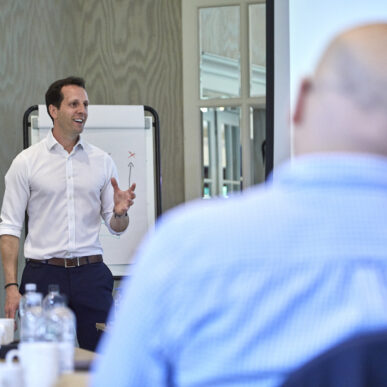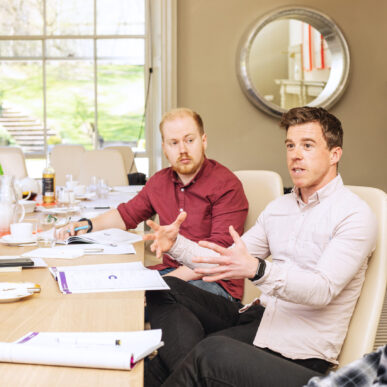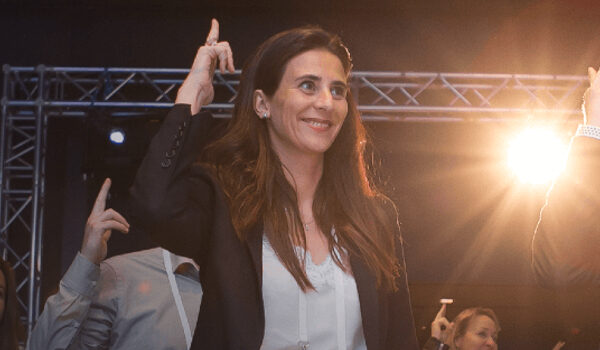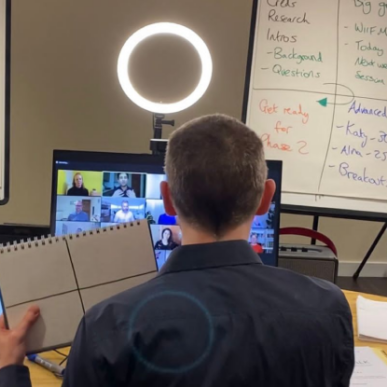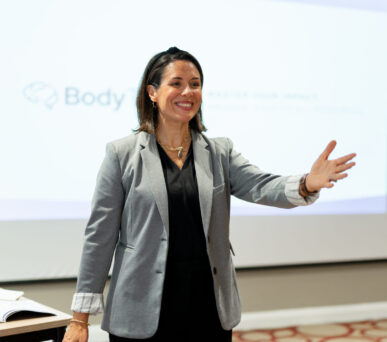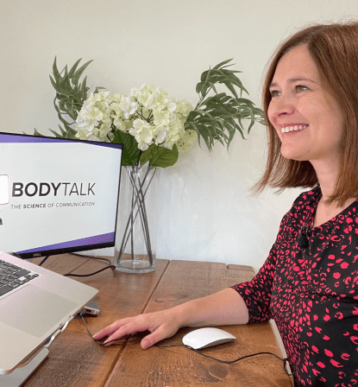Our BBC Interview on the US Presidential Debates
You may have been watching the recent US Presidential debates in disbelief, wondering “why are they trading insults and not talking about the issues!” They certainly seem to be more heated and personal than ever before.
I’ve been talking to the BBC, on TV and radio, about the language used and the communication styles, so I thought you may want to take a look at the clips. You can view and listen below:
Richard on BBC Breakfast TV – after the second debate (my section is the last 1min30)
BBC Radio Berkshire, Richard with Anne Diamond – thankfully this was a longer slot where we could get into much more detail! (my clip starts 40min into the show)
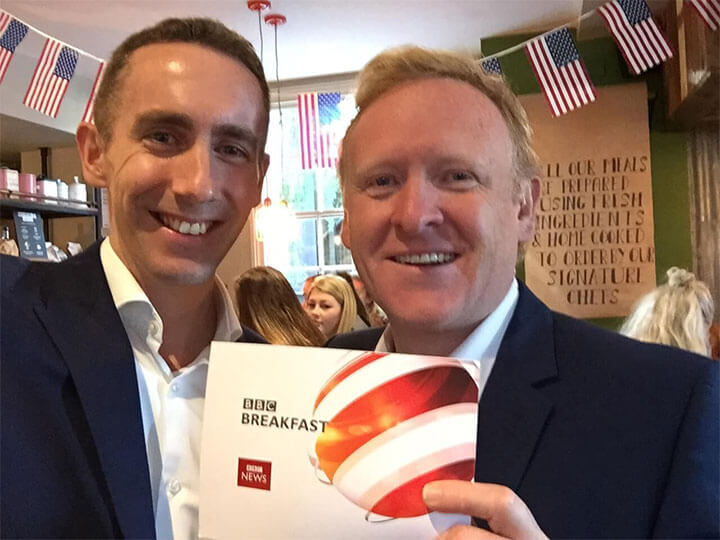
The main points I made are that Hillary Clinton is doing a decent job of staying calm and composed under the incessant pressure from Donald Trump, however her language and general style is quite clinical. If we are going to vote for someone we need to be emotionally compelled to do so, through their style, words and ideas.
In contrast, Donald Trump creates a very strong emotion in all who watch him, much of it negative. His performance at the start of this ‘town hall’ style debate was perhaps the weakest we have seen him, as he seemed out of place without the safety of a lectern.
There are three learning points you can take from this, for your own presentations:
1) How do you want people to feel? Obama did an excellent job of adapting his style from being highly motivational when he started campaigning, towards a more commanding style in the final days before his first election. Having one style isn’t enough to give you the results you want every time. So think about how you need people to feel and adjust your style and content to serve this purpose.
2) Which words will work best in this situation? Are you asking for intellectual agreement, or influencing people to take action? Trump uses short, punchy words to rouse emotions, such as ‘wrong’ and ‘disaster’, where Clinton talks about ‘inaccurate’ and ‘negative situations’. They both describe the same things, but create different responses. Both can be useful if used well. Think carefully about which words will work best for the people you are talking to.
3) Stop using lecterns! Many people say they feel safer behind a lectern, but we won’t come to your meeting to look at a wooden box. We are there for you and we want to connect with you, so its best to remove every barrier and get comfortable doing so.
To learn more about how we can help you please contact our team.









